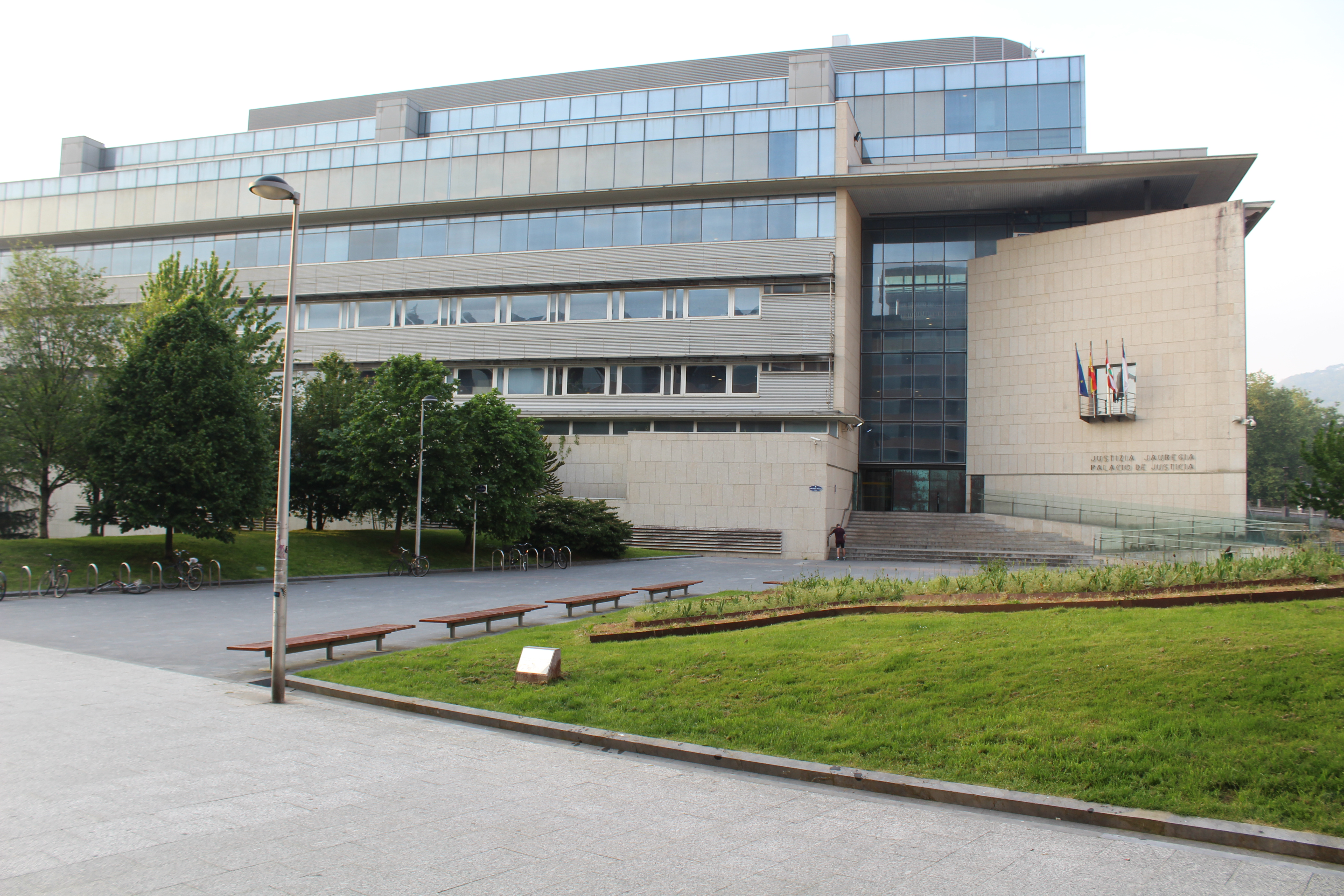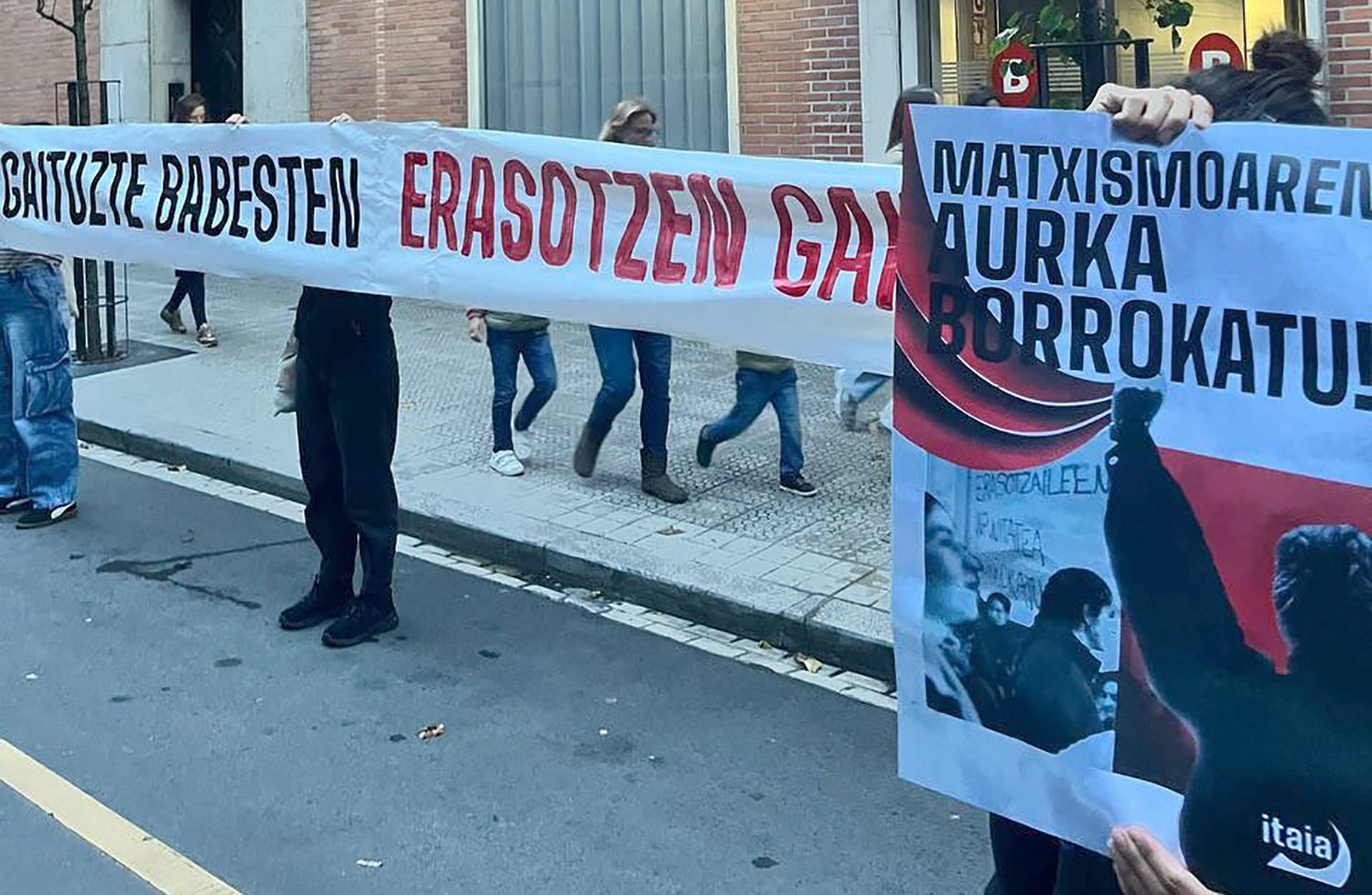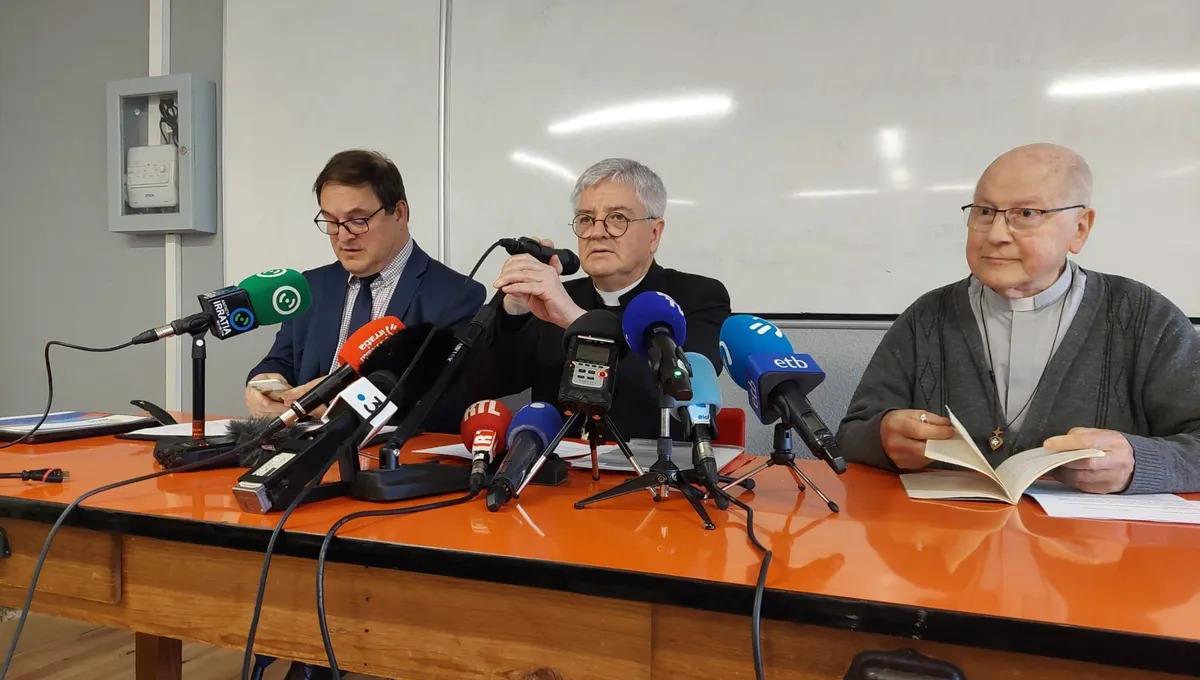Medical Colleges in Spain believe that obstetric violence does not exist
- The General Council of Official Medical Associations of Spain rejected the term "obstetric violence" after the seminars on the future reform of Law 2/2010 on sexual and reproductive health and voluntary termination of pregnancy. Childbirth is our reminder that several international organizations have recognized the existence of obstetric violence and that last year the UN condemned Spain for obstetric violence.

In a recent press release, the General Council of Official Colleges of Physicians (CGCOM) has considered that the term "obstetric violence" is insulting, does not correspond to reality and insults professionals. The schools have made these statements following the seminars on sexual and reproductive health held by the National Women's Institute on 9 July.
These seminars are the starting point for the future reform of Law 2/2010 on sexual and reproductive health and voluntary termination of pregnancy, but medical schools have shown their opposition to what would be one of the axes of this reform. In fact, the reform provides for the treatment of different forms of violence against women, including obstetrics.
According to medical schools, the term referring to the violence exerted on the patient by the doctor is far from reality; according to the article, this violence is extraordinary during pregnancy, childbirth and the postpartum period. Schools consider that this term does not respond to reality and “criminalizes the performance of professionals who work according to the principles of scientific rigor and medical ethics”. In this sense, they affirm that “they occupy the same position as the position of the scientific community”: a position that rejects the term “obstetric violence”, which guarantees that there are no violent conducts in patient care and reminds professionals of the commitment to preserve the well-being of women and children.
In the view that the term “obstetric violence” creates “unnecessary social alarms”, they have called for “prudence”. As we read between the lines, the use of the term obstetric violence according to medical schools impairs trust between the physician and the patient, and not the violence that the former can exert against the latter.
Request for rectification
In the face of these statements, the El Parto is Ours association, which has participated in the seminars, has reminded medical schools that international organizations recognize the existence of obstetric violence. It has set the World Health Organisation, the European Parliament and the United Nations as an example, and has recalled that the Commission on the Elimination of Discrimination against Women (CEDAW), which is part of the latter, condemned Spain on 28 February 2020 for cases of obstetric violence.
In this regard, it has called on medical schools to reconsider and rectify their claims on this matter. “We believe that the presence of scientific societies in the reform of this law is very important, because they have to open their eyes to the reality we are seeing,” said El Parto’s vice-president, Virginia Murialdo. He indicates that they know that this paper does not contain the point of view of all physicians and that they want to establish alliances with professionals who recognize obstetric violence.
2023ko abenduan notizietara salto egin zuen Gernika-Lumok: bertako saskibaloi entrenatzailearen kontrako salaketa bat zegoen sexu eraso jarraituak egitearren. Sare Feministaren izenean, zurrunbilo mediatikoan murgildu zen Apraiz.
Donibane Garazi inguruko herri ttipi batean sortua da Bea, eta 1970eko hamarkadan ondoko eskola publiko batean ikusi zituen bortizkeria, sexu eraso eta bortxaketak salatu dizkigu. Irakasleak eragiten zizkiela tratu horiek ama eskolako eta lehen mailako haurrei, mutikoak bortizki... [+]
Prentsaurrekoa eskaini dute ostegun honetan Marc Aillet Baionako apezpikuak, elizbarrutiko hezkuntza katolikoko zuzendari Vincent Destaisek eta Betharramgo biktimen entzuteko egiturako partaideetarikoa den Laurent Bacho apaizak. Hitza hartzera zihoazela, momentua moztu die... [+]
Antifaxismoari buruz idatzi nahiko nuke, hori baita aurten mugimendu feministaren gaia. Alabaina, eskratxea egin diote Martxoaren 8ko bezperan euskal kazetari antifaxista eta profeminista bati.
Gizonak bere lehenengo liburua aurkeztu du Madrilen bi kazetari ospetsuk... [+]
11 adin txikikori sexu erasoak egiteagatik 85 urteko kartzela zigorra galdegin du Gipuzkoako fiskaltzak. Astelehenean hasi da epaiketa eta gutxienez martxoaren 21era arte luzatuko da.





















